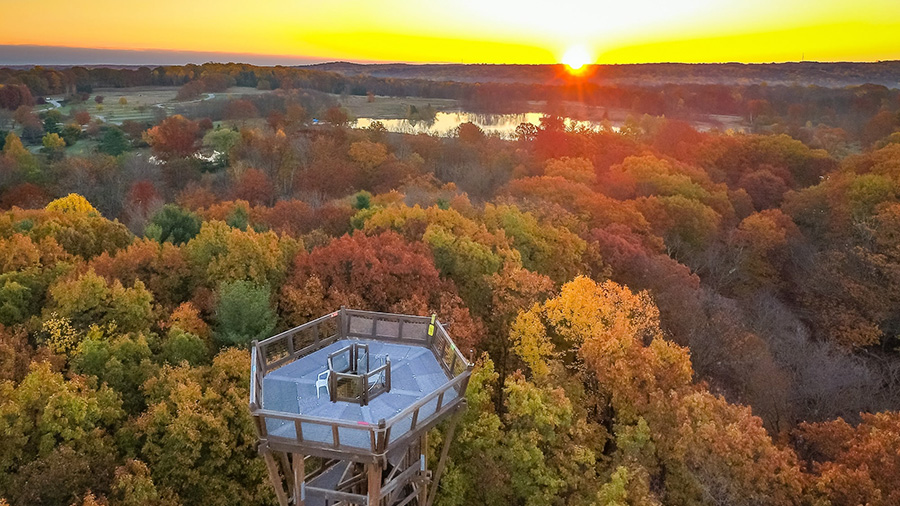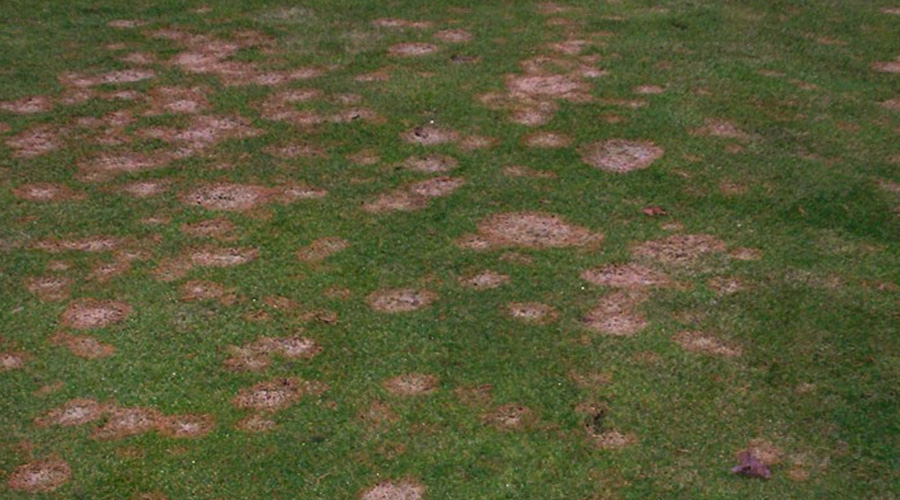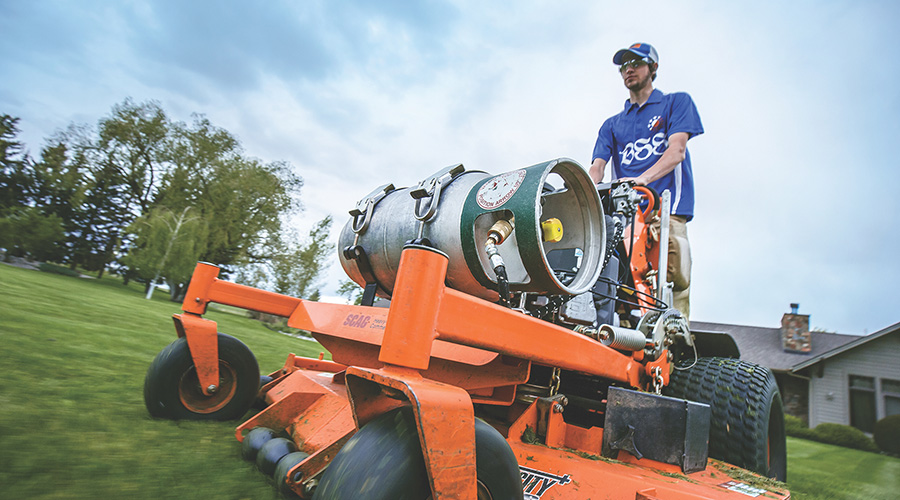Bio-Diesel Fuel Helps Put Arizona State University on Sustainable Path
When the organization you work for consists of a 639-acre campus that hosts more than 60,000 students, teachers and staff moving among hundreds of buildings, the task of becoming sustainable probably seems overwhelming.
For Ellen Newell, associate director of facilities management with Arizona State University in Tempe, one important step in meeting that challenge meant changing the way grounds care workers moved around the sprawling campus. Specifically, it meant rethinking utility vehicles, the fuels to operate them, and impact of these on sustainability.
"Our university has said it will be carbon-neutral, and this is part of the program," she says. "We'll never get there if someone doesn't push ahead. We said, 'We haven't had that many warranty issues. It's been a very good vehicle. We've done the research, and other people have successfully used this. We're going to do it.' "
Going Green
In 2009, the university committed itself to becoming carbon neutral by 2025. Achieving this goal means balancing the measured amount of carbon released with an equivalent amount of renewable energy, or offsetting it by planting trees that prevent future greenhouse gas emissions.
As part of her department's efforts to help the university meet this goal, Newell took a closer look at the way the department's 70 full-time grounds care workers moved themselves, as well as equipment and materials, around campus.
"When I first came here (in 2004), we had a lot of pickup trucks — smaller pickup trucks and electric carts," she says. "The student population has been steadily increasing, so now there's a real push to keep vehicles off the malls. I looked at what we had, and we had way too many vehicles driving around. So we started consolidating our work pairs into work teams, and we started buying four-seaters (utility vehicles) that could pull a trailer — and we got rid of a lot of trucks."
Newell next focused on finding equipment options that could help her department and the university in terms of both productivity and sustainability.
"I have the final say (on purchasing), and I was able to direct the department that we are going to phase out full-size trucks and go to these smaller vehicles," she says. "I could see where the university was going, so I said, 'This is what we're going to do.' It was not always the least expensive way to do it, but long-term, I think it made the most sense."
The effort has produced a fleet of vehicles that is markedly different from the fleet Newell inherited when she arrived on campus.
"We still have some of the electric carts, but we got rid of almost all of our trucks," she says. "We have four that we still use for hauling bigger loads or going off campus. We use the utility vehicles to haul people around, and by pulling the trailer, they have all the tools with them. Our campus now has a walk-only zone, and vehicles are not allowed on certain sidewalks between 8 a.m. and 4 p.m. Grounds has a little exception because we can't get everything done before that goes into effect. But with our vehicles, we've designed it so that can get through the bollards where a full-size truck can't."
While some groups on campus — including some groups within the facilities department, such as carpenters, electricians and plumbers — continue to use pick-up trucks for moving people and materials, the impact of electric vehicles is noticeable.
"Many of the departments on campus have electric carts," Newell says. "The vast majority of moving around on campus is done with electric carts. Other facilities (department) groups have electric carts. They are still more trucks, but we're still trying to convince these other departments that these smaller vehicles are very useful."
Related Topics:













